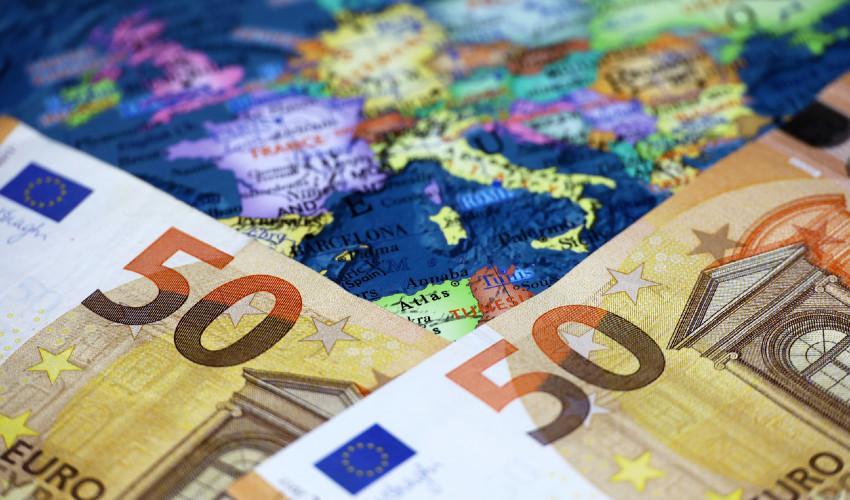
The Three Gaps in the Italian Capital Market
STEFANO CASELLI AND STEFANO GATTI REVIEW TEN YEARS OF RESEARCH BY EQUITA RESEARCH LAB AND ASSESS WHAT STILL NEEDS TO BE FIXED TO FINANCE COMPANIES EFFICIENTLYItaly is, unfortunately, still lagging behind other rich countries in terms of development of capital markets and financial culture in general. This was even more true 10 years ago, when a research collaboration between Bocconi University and Equita, an Italian investment bank, began. The volume Capital Markets: Perspectives over the Last Decade, published by Egea, which will be presented today by Stefano Caselli and Stefano Gatti, summarizes ten years of research by the Equita Research Lab.
Italy suffers from three shortcomings especially, in Stefano Caselli and Stefano Gatti's view. First, the capital market is underdeveloped and there are too few domestic investors buying securities issued by Italian companies (investor gap, as the authors call it). Second, there is an over-reliance of firms, especially medium and small ones, on traditional bank credit (financing gap). Finally, the role of Italian investment banks within the Italian capital market is too little compared with that of large international intermediaries (intermediation gap).
This is the context in which in recent years the European Union itself has begun to push for greater efficiency at continental level, on the assumption that capital markets and corporate finance are critically important tools for the revitalization of the Eurozone. In other words, growth and consolidation of the real economy cannot be separated from a more efficient and truly integrated capital market for the entire Eurozone.
Since the 2008 crisis, many banks have taken appropriate steps to strengthen their capital basis, and are now in a much better position to tackle any future crisis. A similar process, however, must be undertaken by Italian companies as well, especially those that are most vulnerable.

“More capital means more options available, thanks to a solid, well-organized and integrated financial system. Less capital and a less solid and integrated financial system means being exposed to the risk of future crises, which would require new government interventions and therefore new debt. We cannot afford that,” says Stefano Caselli.
“The point of the collaboration between Bocconi and Equita is to revive the capital market culture,” Stefano Gatti summarizes. “We have been happy to notice that quite a few of the recommendations we have made in recent years have also been accepted by the institutions, for example in the Italian Ministry of Economy’s Green Paper on the competitiveness of Italian financial markets. Therefore, we are far from the stereotype of academia serving itself: here research is put at the service of institutions and society.”
by Andrea Costa
